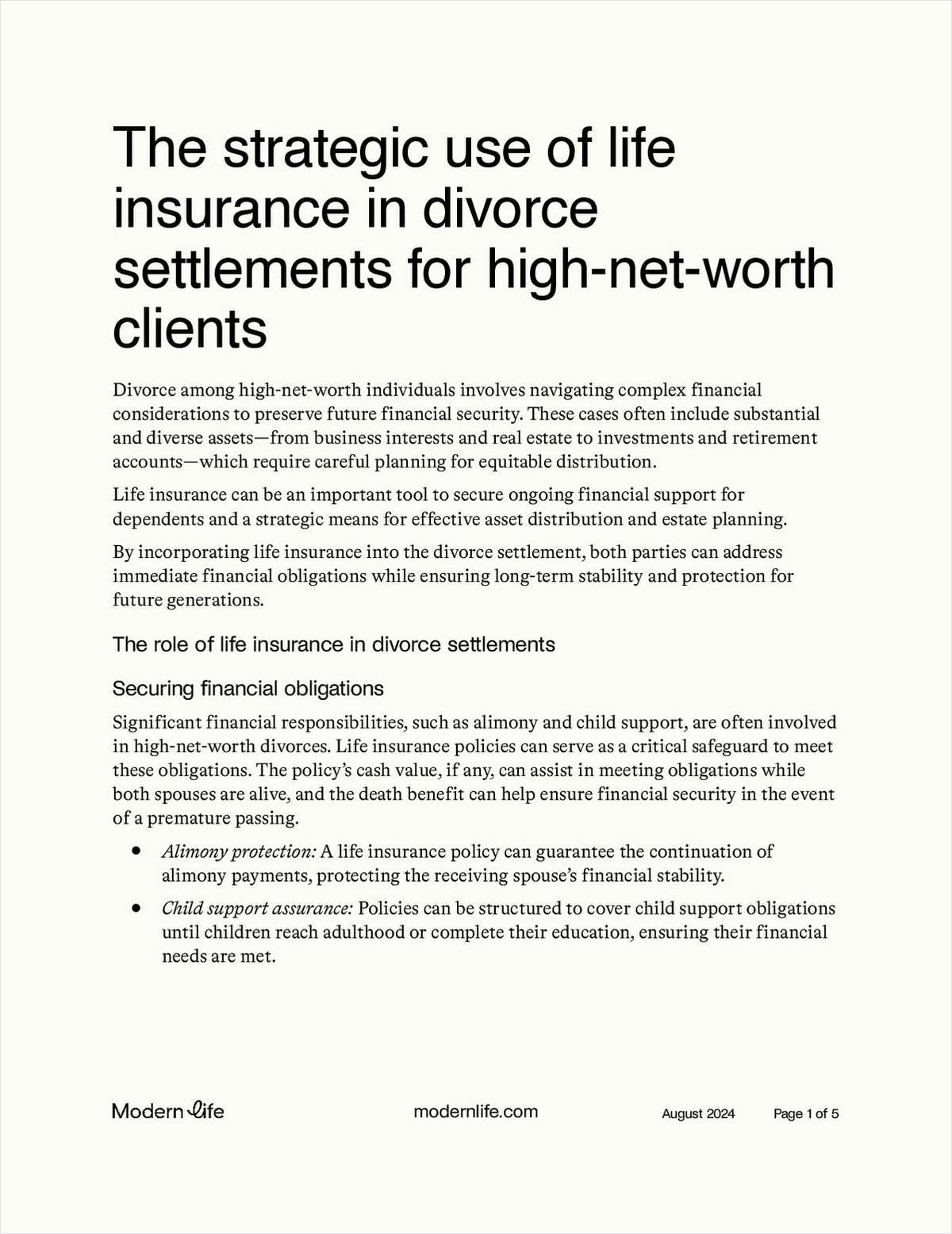 Brenda Dionne/courtesy photo
Brenda Dionne/courtesy photoLawyers Say Expect More Lawsuits Like This Connecticut Case About Woman's Firing Over Medical Marijuana
A Waterbury woman has filed a lawsuit against one of the state's largest health corporations, claiming she was denied a job because she tested positive for marijuana even though she is prescribed medical marijuana under state law.
June 03, 2020 at 02:36 PM
4 minute read
In a lawsuit that experts say is just the tip of the iceberg, attorneys for Waterbury resident Brenda Dionne have filed a class action against a Connecticut-based health conglomerate.
The suit alleges the woman, who qualifies to take medicinal marijuana under the state's 2012 law allowing use under certain circumstances, was told she could no longer work for her employer if she didn't pass a drug test.
The lawsuit, filed May 14 in Hartford Superior Court against Trinity Health of New England Corp. Inc., touches on issues that resonate beyond that case, experts say.
Attorneys say it puts the spotlight on claims that municipalities and big corporations have sometimes disregarded state law by either firing, not hiring or demoting individuals who—like Dionne—suffer from a debilitating medical conditions that allow them to legally use cannabis under the Connecticut General Statutes provision related to the Connecticut Palliative Use of Marijuana Act.
"This class action is fantastic, and is a great way to effectuate change," said Bloomfield solo practitioner Aaron Romano, whose specialty is marijuana law.
Romano has no connection to the Dionne case. But he welcomed the litigation.
"I have throughout the years since 2012 represented people who were offered positions and asked for a drug test, and then denied employment even though they qualified for medical marijuana, which is legal in this state," he said.
Cody Guarnieri, the Hartford attorney representing Dionne, agreed his client is not alone in her allegations.
"As a midsized law firm in central Connecticut, we have had the occasion to deal with a number of these complaints, at least half a dozen," said Guarnieri, a partner with Brown Paindiris & Scott.
Guarnieri's firm also representing a Waterbury firefighter raising similar claims against the city.
|Federal and state laws
Quinnipiaic University School of Law professor John Thomas said the Connecticut law couldn't be more clear.
"The Connecticut statute protects employees who are legitimately using medical marijuana," he said.
But the federal Controlled Substance Act isn't as clear, according to Thomas.
"I assume the employer lawyers have researched state law, and know they are wrong," Thomas said Wednesday. "Maybe they are intending to take this all the way to the U.S. Supreme Court and test the merits of the CSA, and spend the requisite resources to do so. If not that, I'm flabbergasted because their actions clearly violate state law."
In a statement Wednesday, a representative for Trinity Health of New England said, "In order to respect the privacy of our colleagues and the people we serve, as well as follow our confidentiality policies, Saint Mary's Hospital and Trinity Health of New England do not comment on personnel matters."
At issue is the loss of employment for 51-year-old Dionne, whom Guarnieri said suffers from post-traumatic stress disorder, which qualified her for medical marijuana use under state law.
Urology Specialists P.C. had employed Dionne since May 1999 as a public relations liaison, according to the May 14 lawsuit filed in Hartford Superior Court. In December 2019, on learning of Trinity Health of New England's acquisition of Urology Specialists, Dionne was told she'd have to fill an employment application for Trinity. She was offered the job of front desk receptionist for Urology Specialists on Jan. 14 and her start date was March 1. Trinity Health has about 13,000 employees.
Dionne, as a prerequisite for the job, had to undergo a physical examination that included a urine test. That test showed she had the presence of the active ingredient for marijuana. Even though Dionne told her employers she was legally allowed to take medical marijuana for her PTSD, she was told she'd have to "clean out" and "get clean" before she worked, the lawsuit alleged. Her last day was Feb. 25.
The lawsuit seeks monetary damages.
"This is so wrong," Guarnieri said. "This is partly about medical marijuana but also partly about the respect for the policy decisions made for the people of Connecticut and their representatives that make our laws."
Related stories:
This content has been archived. It is available through our partners, LexisNexis® and Bloomberg Law.
To view this content, please continue to their sites.
Not a Lexis Subscriber?
Subscribe Now
Not a Bloomberg Law Subscriber?
Subscribe Now
NOT FOR REPRINT
© 2024 ALM Global, LLC, All Rights Reserved. Request academic re-use from www.copyright.com. All other uses, submit a request to [email protected]. For more information visit Asset & Logo Licensing.
You Might Like
View All
Read the Document: 'Google Must Divest Chrome,' DOJ Says, Proposing Remedies in Search Monopoly Case
3 minute read
Apple Asks Judge to 'Follow the Majority Practice' in Dismissing Patent Dispute Over Night Vision Technology

'Don't Be Afraid to Dumb It Down': Top Fed Magistrate Judge Gives Tips on Explaining Complex Discovery Disputes

State High Court Adopts Modern Standard for Who Keeps $70K Engagement Ring After Breakup
Trending Stories
Who Got The Work
Michael G. Bongiorno, Andrew Scott Dulberg and Elizabeth E. Driscoll from Wilmer Cutler Pickering Hale and Dorr have stepped in to represent Symbotic Inc., an A.I.-enabled technology platform that focuses on increasing supply chain efficiency, and other defendants in a pending shareholder derivative lawsuit. The case, filed Oct. 2 in Massachusetts District Court by the Brown Law Firm on behalf of Stephen Austen, accuses certain officers and directors of misleading investors in regard to Symbotic's potential for margin growth by failing to disclose that the company was not equipped to timely deploy its systems or manage expenses through project delays. The case, assigned to U.S. District Judge Nathaniel M. Gorton, is 1:24-cv-12522, Austen v. Cohen et al.
Who Got The Work
Edmund Polubinski and Marie Killmond of Davis Polk & Wardwell have entered appearances for data platform software development company MongoDB and other defendants in a pending shareholder derivative lawsuit. The action, filed Oct. 7 in New York Southern District Court by the Brown Law Firm, accuses the company's directors and/or officers of falsely expressing confidence in the company’s restructuring of its sales incentive plan and downplaying the severity of decreases in its upfront commitments. The case is 1:24-cv-07594, Roy v. Ittycheria et al.
Who Got The Work
Amy O. Bruchs and Kurt F. Ellison of Michael Best & Friedrich have entered appearances for Epic Systems Corp. in a pending employment discrimination lawsuit. The suit was filed Sept. 7 in Wisconsin Western District Court by Levine Eisberner LLC and Siri & Glimstad on behalf of a project manager who claims that he was wrongfully terminated after applying for a religious exemption to the defendant's COVID-19 vaccine mandate. The case, assigned to U.S. Magistrate Judge Anita Marie Boor, is 3:24-cv-00630, Secker, Nathan v. Epic Systems Corporation.
Who Got The Work
David X. Sullivan, Thomas J. Finn and Gregory A. Hall from McCarter & English have entered appearances for Sunrun Installation Services in a pending civil rights lawsuit. The complaint was filed Sept. 4 in Connecticut District Court by attorney Robert M. Berke on behalf of former employee George Edward Steins, who was arrested and charged with employing an unregistered home improvement salesperson. The complaint alleges that had Sunrun informed the Connecticut Department of Consumer Protection that the plaintiff's employment had ended in 2017 and that he no longer held Sunrun's home improvement contractor license, he would not have been hit with charges, which were dismissed in May 2024. The case, assigned to U.S. District Judge Jeffrey A. Meyer, is 3:24-cv-01423, Steins v. Sunrun, Inc. et al.
Who Got The Work
Greenberg Traurig shareholder Joshua L. Raskin has entered an appearance for boohoo.com UK Ltd. in a pending patent infringement lawsuit. The suit, filed Sept. 3 in Texas Eastern District Court by Rozier Hardt McDonough on behalf of Alto Dynamics, asserts five patents related to an online shopping platform. The case, assigned to U.S. District Judge Rodney Gilstrap, is 2:24-cv-00719, Alto Dynamics, LLC v. boohoo.com UK Limited.
Featured Firms
Law Offices of Gary Martin Hays & Associates, P.C.
(470) 294-1674
Law Offices of Mark E. Salomone
(857) 444-6468
Smith & Hassler
(713) 739-1250










